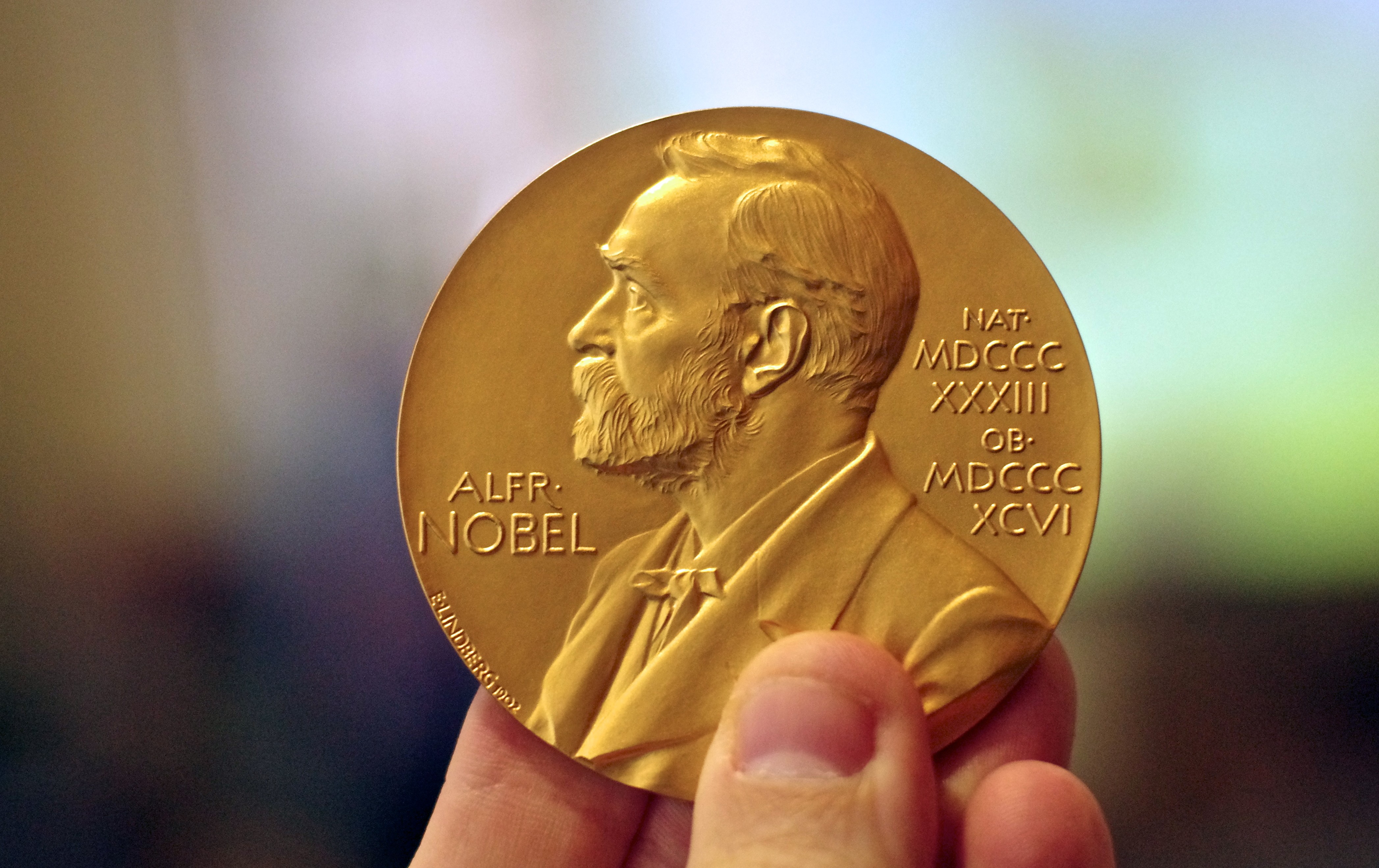Europe has not experienced a major war in the last six decades. Today a European civil war, with the ensuing international spillover, is simply unthinkable. That we take this for granted is extraordinary, given that for centuries Europeans have been solely committed to the art of exterminating each other in ever more gruesome ways. Kudos.
But to whom? Why the European Union? As Stephen Walt points out, it is not the sole architect of European integration. Regardless of their benevolence -or lack of it– as hegemons, the US and the Soviet Union deserve credit for enforcing peace in Europe. So do Monet, Schuman, Adenauer or de Gaspieri, who (unlike their omnipresent counterparts in the US) are barely remembered by most Europeans.
Moreover, why award the Prize now? The high-water mark of European integration took place during the nineties. After some initial hysteria the European Economic Community accepted German reunification, launched a project of monetary union, and morphed into the European Union. Since then the project has gained width, but not much depth –unless the Bundesbank’s impositions are a synonym of increasing integration.
The obvious answer is this Peace Prize was awarded for political reasons (i.e. concern with increasing disillusionment toward the European project and a possible breakup of the euro) rather than the ones listed on its website. Nothing new about this –Obama won one for not-being-Bush, and V. S. Naipaul received the Literature Prize in 2001. In fact, the list of winners –Henry Kissinger, Menachem Begim, Yasser Arafat– makes the Peace Prize look like a bad joke. Compared with the former the EU actually looks like a great candidate, so even when the decision does little to improve the standing of the institution, it probably isn’t the worst ever.
…I think the Committee should have gone the extra mile to make its point, and award the Economic Prize to the euro.

with ben, i have to ask about the croatian civil war?
European civil war is not the same as civil war in Europe. The first is a concept used to describe the period between 1914 and 1945.
I also left out the Greek/Turkish row over Cyprus. For the same reason in all three cases -the scale of WWII makes a quantitative comparison meaningless.
…lively Saturday night by the way!
Yes, it tends to be overlooked. Not the same thing as WWII though, and that seems to be the logic for awarding the Prize to the EU.
What about Bosnian genocide? There was a genocide in European backyard, if not in Europe, and they did nothing. I never understood why this doesn't count.